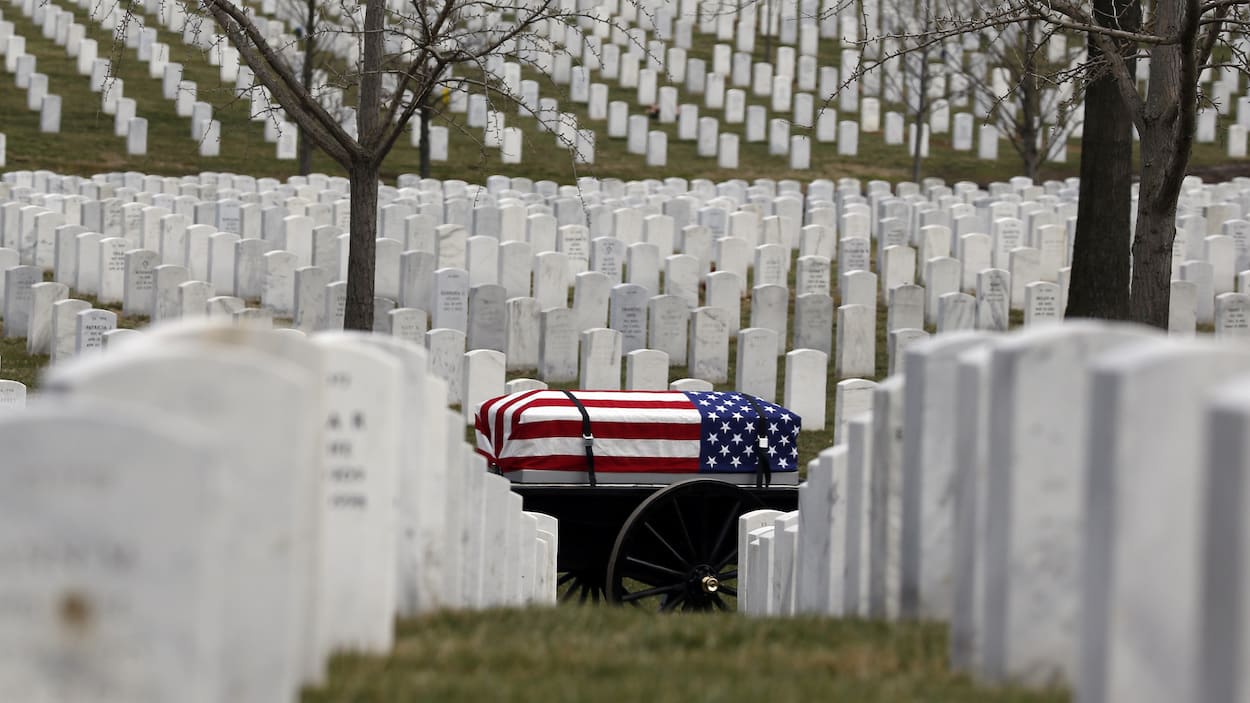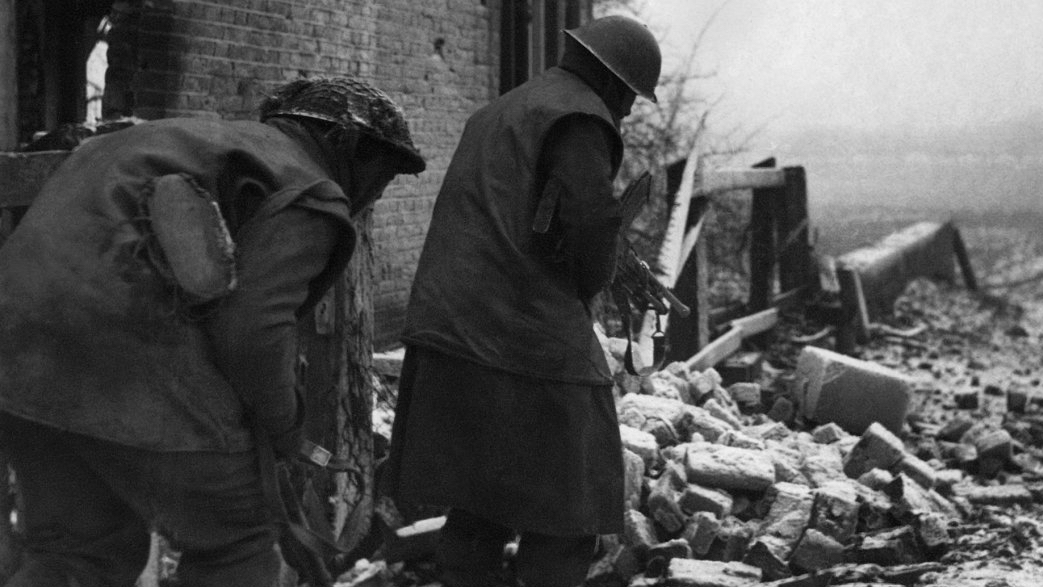On Memorial Day, it behooves us to reflect upon the ultimate sacrifice that so many American soldiers have made so that all of us can enjoy the blessings of liberty.
It is that ultimate sacrifice and what happens after that touched my heart this past week when I read the transcript of a speech given by Arkansas Senator Tom Cotton, who has written a moving book entitled Sacred Duty: A Soldier’s Tour at Arlington National Cemetery. Cotton served deployments in Iraq and Afghanistan with the 101st Airborne, and, between deployments, had the honor of also serving in the 3rd United States Infantry Regiment, which is better known as the Old Guard.
Aside from guarding the Tomb of the Unknown Soldier, the Old Guard arranges and directs all the funerals held at Arlington National Cemetery in Washington. Cotton’s description of the preparation of the Old Guard and the dignity they show our fallen heroes are a stark contrast to the indifference and even disdain that far too many people have for our military.
Cotton points out that the funerals are the most important function of the Old Guard:
In manning, in training, in operating, funerals always come first, and they are a no-fail, zero-defect mission. While we often performed more than 20 funerals a day, we knew that—for the fallen and the family—each funeral was a once-in-lifetime moment, a lifetime in the making.
The desire for perfection is so great that the battalion commander for the Old Guard funerals once said, “I’ve never experienced pressure like this anywhere else in the Army.” And this is a man who is a five-time combat veteran.
How important is each funeral? Cotton notes that nothing is allowed to interfere, and that includes scorching heat, driving rain, or howling blizzards. In fact, on 9/11, even though one of the planes crashed into the Pentagon a few hundred yards away, each funeral went off on schedule.
The physical appearance of the Old Guard at funerals is also a top priority. All uniforms are torn down and rebuilt from the ground up to make sure they meet a certain standard of perfection. The placement of uniform insignias and medals are measured to within one-sixty-fourth of an inch. An “industrial-quality” press machine is used to get the proper crease in their pants. Between funerals, the soldiers are not permitted to sit down lest they ruin that crease. Their shoes are shined over and over again to make sure there is no flaw in the glossy shine.
The Old Guard practices each morning, no matter how many funerals they have already participated in. Those who fold the casket flags practice every day, even if they have performed the rite thousands of times. Those who fire the three-volley salute practice in the parking lot so that each gun fires exactly at the same time as the others. As Cotton puts it, “Nothing is taken for granted.”
When Cotton was with the Old Guard, they once had to bury a group of twelve soldiers who had been killed in a helicopter crash. The Old Guard practiced for several days so that nothing would go amiss.
Another task of the Old Guard is to be at Dover Air Force Base in Delaware to transfer the remains of soldiers killed in action overseas. Whether it’s the middle of the day or the middle of the night, the Old Guard is there to take the flag-covered caskets off of the plane. Even before the caskets are removed, the Old Guard inspects each flag to make sure it is properly placed. They then carry the caskets to awaiting hearses and salute these fallen heroes as they are being driven away.
Why does the Old Guard go to all this trouble? Cotton believe is says something about the character of this nation:
The Old Guard’s unflagging dedication to our fallen at Arlington, tells not only a story about our war dead and the soldiers who honor them, but also a story about the nation on whose behalf they serve . . . Their stories of heroism, of sacrifice, and of patriotism remind us of what is best in ourselves, and they teach our children what is best in America.
Cotton concluded his speech by sharing a story about an Old Guard veteran who was escorting a foreign military leader to the Tomb of the Unknown Soldier for a wreath-laying ceremony. As the military leader looked out over the thousands of headstones lined up so perfectly at Arlington, he remarked, “Now I know why your soldiers fight so hard. You take better care of your dead than we do our living.”
There is an important lesson here for all of us. If the Old Guard can be so dedicated and so concerned about how they honor fallen soldiers, can we not spend some time at a cemetery on Memorial Day and visit the graves of family members and friends who died while serving? And can we not salute those tomb stones and say a prayer for those interred? It’s the least we can do, don’t you think?






